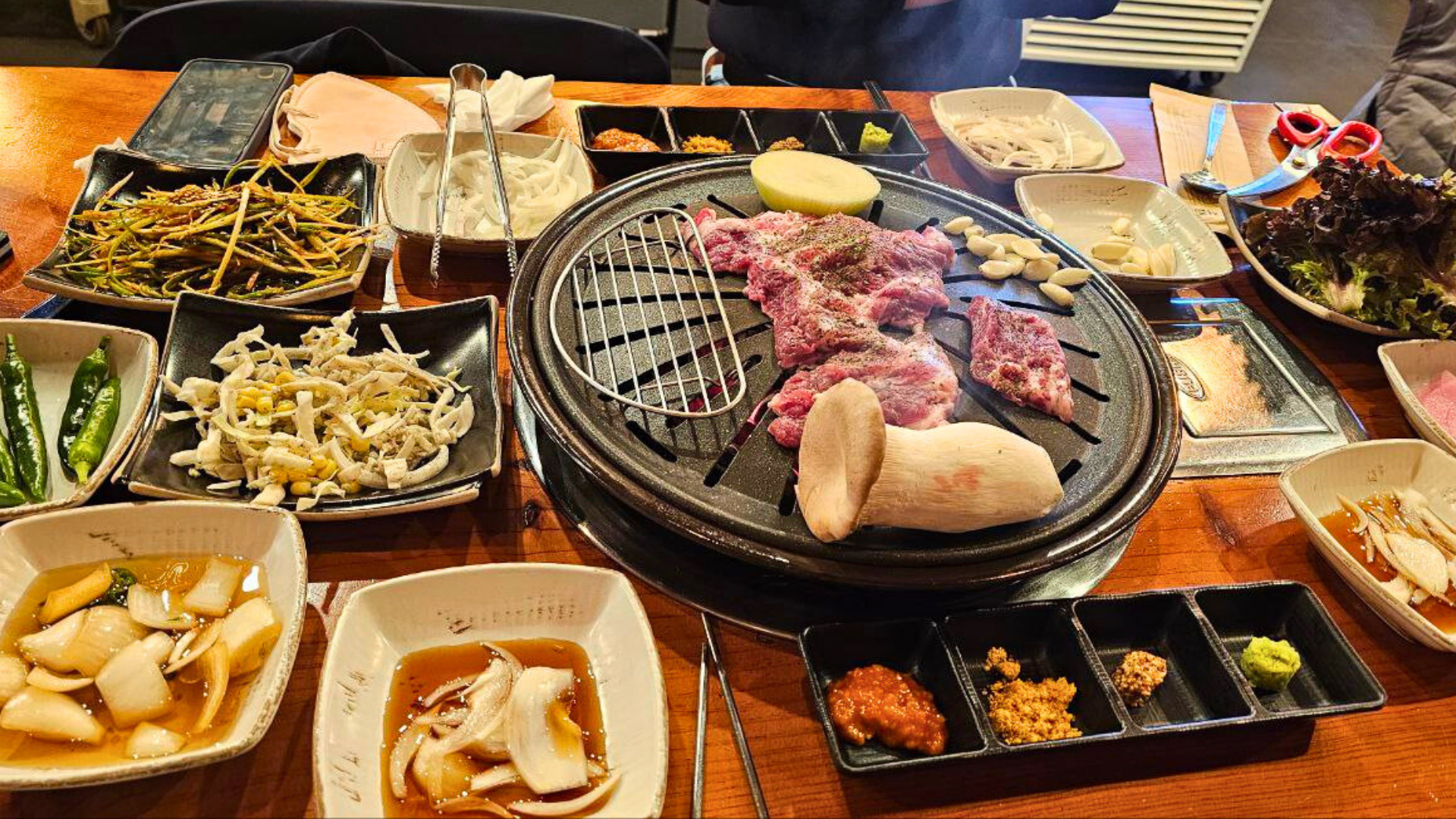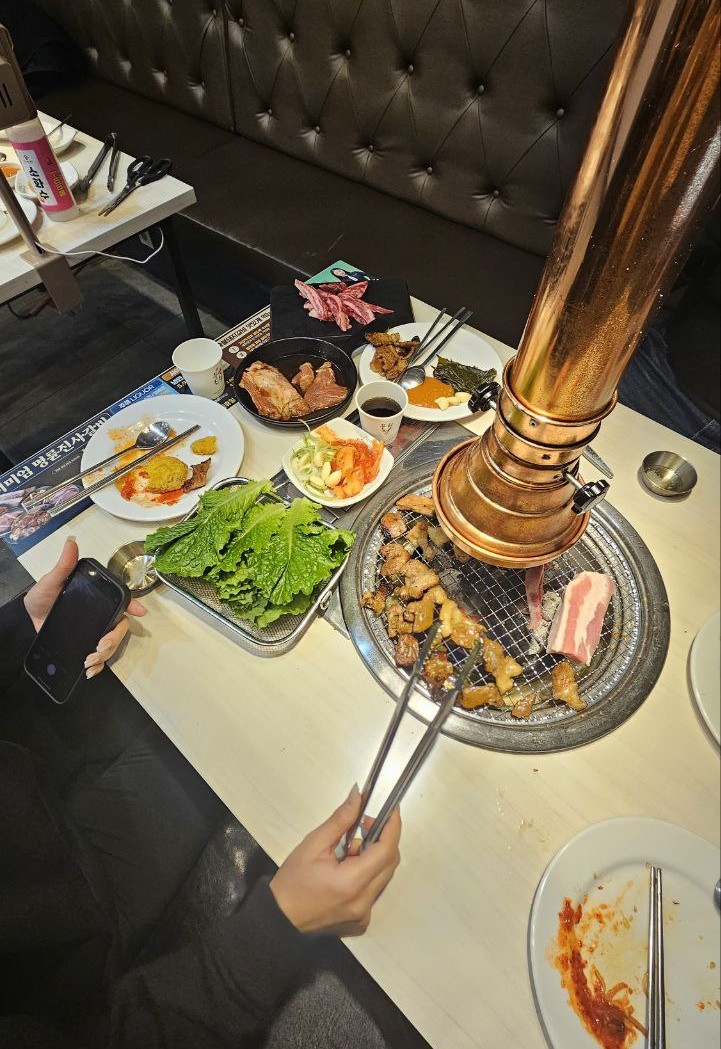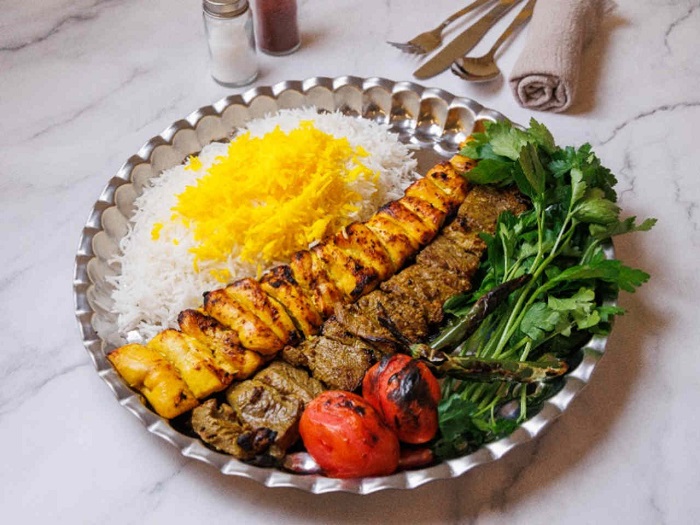Among the many dishes that define Korean cuisine, few capture both tradition and modernity as elegantly as Korean BBQ. Known for its sizzling presentation and communal spirit, it stands out not only as a culinary experience but also as a cultural ritual rooted in sharing and togetherness.
What sets Korean BBQ apart is its interactive nature — meat is grilled directly at the table, allowing everyone to engage in the cooking process. Cuts like samgyeopsal (pork belly) and bulgogi (marinated beef) are accompanied by an array of banchan (side dishes), ssamjang sauce, and fresh greens, inviting endless combinations. This freedom to build one’s own bite adds a playful, customizable dimension to the meal.

Photo by MAHDIYEH AHMADKHANI
There is something undeniably comforting about the warmth of the grill, the aromas of sizzling meat, and the clatter of side dishes being passed around the table. These small but vivid moments often become lasting memories — not because of complexity, but because of connection.

Photo by MAHDIYEH AHMADKHANI
While Korean BBQ emphasizes hands-on grilling and assembling each bite with care, Persian meals traditionally center around a shared spread, where dishes are served in large portions for everyone to enjoy together. The concept of sofreh — a cloth spread on the floor or table — symbolizes hospitality and connection in Iranian culture, just as the grill does in Korean gatherings. Both cultures view food not merely as sustenance, but as an essential part of social and emotional bonding.
Interestingly, Korean BBQ shares more with Iranian cuisine than it might seem at first glance. Though the techniques differ, the heart of both cuisines lies in grilled meat, fresh herbs, and community. For instance, a traditional Persian meal might include juicy koobideh (ground lamb or beef kebab) and jujeh (saffron-marinated chicken), served with aromatic rice, grilled tomato, and a handful of fresh herbs like parsley or cilantro. Here too, balance and simplicity create emotional resonance.

Photo by MAHDIYEH AHMADKHANI
Both Korean and Iranian cuisines, though unique in ingredients and presentation, share a deep-rooted respect for tradition, seasonality, and communal eating. Whether it’s wrapping grilled meat in lettuce leaves or scooping saffron rice beside kebab, each culture offers moments that go beyond taste — they reflect identity, history, and belonging. These dishes remind us that food can be a bridge between people, even across continents.
Whether around a grill in Seoul or a charcoal pit in Tehran, these dishes do more than feed the body — they nourish bonds and celebrate presence. Korean BBQ, in this light, goes beyond flavor. It becomes a memory, a conversation, and a celebration — all wrapped in one sizzling moment.
How about this article?
- Like12
- Support4
- Amazing1
- Sad0
- Curious0
- Insightful0


